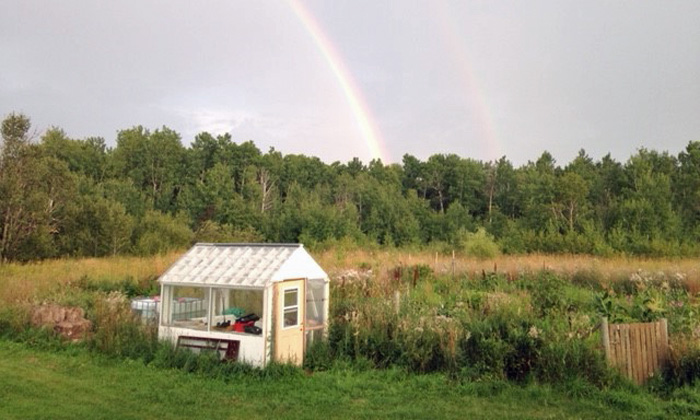Rethinking Lifestyle
The Benefit of Weeds

I was cursing quack grass the other day. I had been on my knees in my garden for what seemed like hours: pulling, twisting, prying, teasing, and inevitably hacking at this invincible perennial. And I thought to myself, “Why bother? Why do I wage this (losing) battle year after blessed year?”
The short answer? It is good for my soul. Not the quack grass warfare, perhaps. But being outdoors, for hours, in the sunshine and fresh air. Not checking my phone because my touchscreen would ill-appreciate my soil-covered fingers. Ignoring my kids because, let’s face it, they play better without my interference anyways. The repetitive digging and planting and weeding and watering and weeding and thinning and weeding and mulching and finally harvesting is meditative, restorative. These recurrent verbs of gardening pull me out of my head, grounding me into my body and into the earth. With minimal distractions and interruptions, the space in my garden becomes a sanctuary for thoughts, prayers, sorrows and dreams.
There are obviously many other reasons to grow one’s own food, ranging from living sustainably, practising resilience, decreasing my eco-footprint, and simply for the exquisite flavour that food has when grown steps away from one’s dwelling (exhibit A: your sun-kissed freshly-picked tomato has no rival).
But it’s the weeds that keep me out in the garden, probably days longer than I’d wish to be. And it is that unlooked-for time that draws me out of myself and into the greater world.
[Apparently] quack grass is good for my soul.




